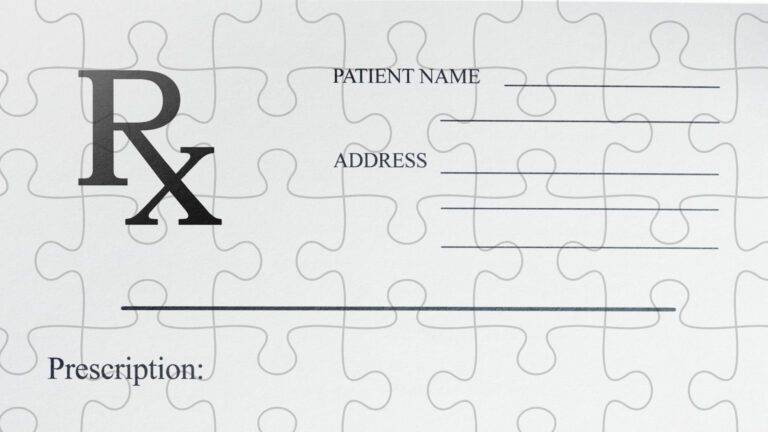
The standards referenced in the article below are out of date as of February 1, 2025. Please refer to ACP’s new standards for up-to-date information.
ACP has been made aware of a trend where pharmacy professionals are sharing redacted and partial images of prescriptions on social media and asking the online pharmacy community for their interpretation of the information written on the prescriptions. There are two important issues that should be considered:
- patient confidentiality, and
- conflicting interpretations of what is written on the prescription.
Sharing any identifying patient or prescriber information on social media is a privacy breach and you may be required to report the breach to the affected individual, the Minister of Health, and the Office of the Information and Privacy Commissioner. For more information on the mandatory reporting of privacy breaches, refer to our September 19, 2018, Link article. Even when prescription images have had patient and prescriber’s names redacted or cropped out, a prescriber’s handwriting being shared on social media is sometimes enough to breach their privacy.
When it comes to interpreting what is written on the prescription, there are many inherent risks in asking an online community for advice. Depending on the quality of the image of the prescription, pharmacy professionals may have many different interpretations of the drug that is being prescribed, the dose, or any other instructions written on the prescription. There may also be a confirmation bias when a second professional provides their advice after already viewing the previous comments and opinion of another professional. Also, when asking an online community for advice, there is no guarantee that the individual providing the advice is a regulated pharmacy professional. In this situation, even a regulated pharmacy professional would not have access to requisite information and the specific patient context to provide an accurate interpretation of the prescription.
As described in Standard 6 from the Standards of Practice for Pharmacists and Pharmacy Technicians, pharmacy professionals are required to determine if a prescription is appropriate and complete. When in doubt, pharmacy professionals must never “guess” or “assume” the interpretation of a prescriber’s recommendation. If there is any uncertainty about what is written on the prescription, the pharmacy professional must contact the prescriber to ensure what is ultimately dispensed is accurate and appropriate for the patient.
ACP strongly advises pharmacy professionals to not share prescriptions (even if identifying patient or prescriber information has been redacted or cropped) or any other documents containing personal health information on any social media platform.
For more information, refer to ACP’s Social Media Privacy Tips.




